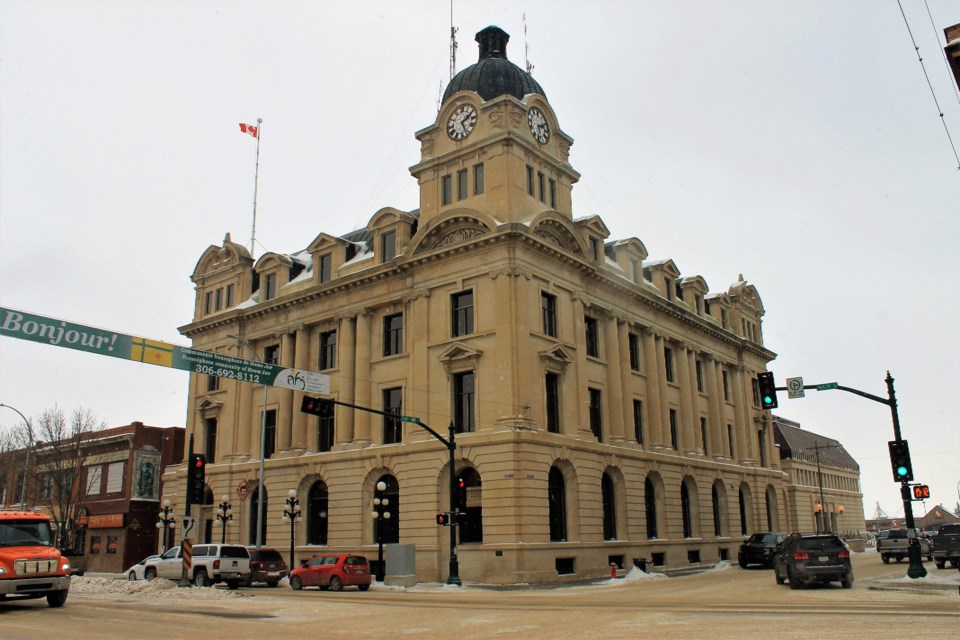City hall had determined that 315 non-essential businesses were eligible for a one-time pandemic tax credit, but fewer than 10 per cent of those businesses applied for the funding.
After reviewing more than 2,000 businesses in the spring and eliminating transient businesses, home occupations, and category C companies, city administration determined that 315 category A and B businesses were eligible for the relief program since they were most affected by the pandemic. City council agreed to set aside $157,500 — or $500 per business — for this program.
The surplus reserve account — which contains $1.4 million —funded this initiative, while the credit was only applicable to the outstanding municipal taxes.
Category A companies are those with gross annual revenue of less than $50,000, category B businesses are those with gross annual revenue between $50,000 and $500,000, and category C companies are those with gross annual revenues of more than $500,000.
During the most recent city council meeting, city administration provided an update on the program as part of the overall second-quarter activities at city hall. Results showed there were 38 applications to the Moose Jaw Small Business Support Program, with 30 approved and eight denied. Municipal officials denied the eight applications since those businesses were category C.
Thus, city hall handed out $15,000 based on those 30 applications.
Council discussion
The grant program had a one-page application that business owners had to fill out that was fairly simple to do, Michelle Sanson, director of planning and development, told council. Businesses would receive the funding if they answered all the questions.
“We are unsure why we did not get more applications. We have not heard. We’re not sure why we did not get a higher uptake,” she added.
The director of economic development was somewhat perplexed by the low number of businesses that applied, echoed city manager Jim Puffalt. One provision of the program — which may have had an effect — was that businesses had to have applied for provincial and federal pandemic funding to be eligible for this initiative.
City administration was pleased that city council came forward with this grant-based program, he said. It was a needs-based initiative, and while maybe not every business needed it, the program was still available.
City council agreed to set aside $157,500 for this program, but that funding was not part of the overall budget for this year, said Coun. Brian Swanson. If city administration handed out only $15,000 through this program, he didn’t want council to create the impression that there was still $142,500 sitting around.
“The program had only a 10-per-cent uptake,” added Swanson. “We should just take that for what it is and not be looking for innovative ways to spend the remainder … .”
The next regular council meeting is Monday, Aug. 24.




